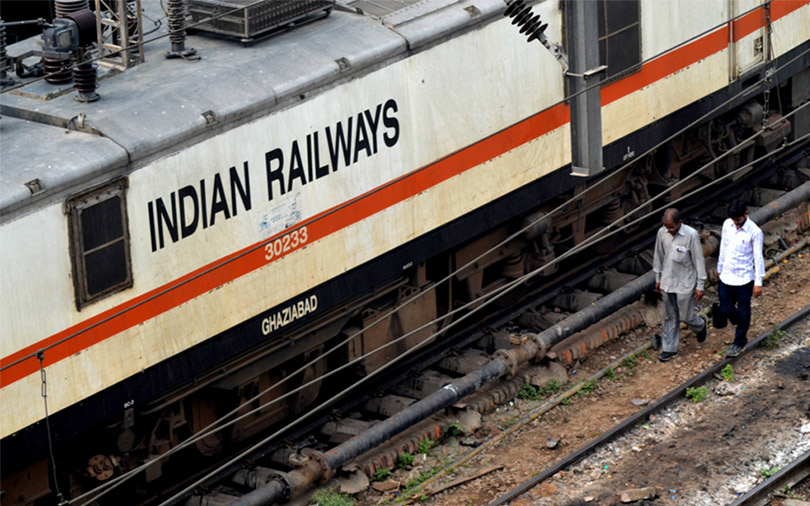
Indian Railways using AI to make sure there are no flies in your soup


Soon, there will be more than just the waiter to blame for the big, ugly, dead fly floating in your Rajdhani soup, because the artificial intelligence (AI) supervising the kitchen woefully missed the moth's falling trajectory into the wonderfully -- but fatally -- thick fly à la crème.
That’s right, AI to ensure hygienic food will be deployed in premium trains Rajdhani and Duronto before being extended to all others, said reports.
The new initiative will see 68 new kitchen setups across India by December 2019, along with CCTV monitoring facilities and an AI module.

Called Obots, the AI module will immediately send a report to authorities and stakeholders such as IRCTC (Indian Railway Catering and Tourism Corporation) managing director on detection of any pest in the kitchen.
According to a report in the The Pioneer that quotes a senior railway official, the Obots system will also have built-in intelligence to detect certain inconsistencies in operations such as team members not wearing uniforms or following basic hygiene code. Once the system picks up such an anomaly, it will alert the caterer and allow 15 minutes for the problem to be addressed. Failing this, the system will alert higher authorities.
Another railway official has said that the kitchen setups will bear a price tag of Rs 1 crore. He added that random checks would also be carried out by supervisors.

Last year, railways had started making efforts to deploy AI to stop signal failures throughout the country. “Now, we are introducing remote condition monitoring using non-intrusive sensors for continuous online monitoring of signals, track circuits, axle counters and their sub-systems of interlocking power supply systems including the voltage and current levels, relays, as well as timers,” a senior railway official was quoted as saying by The Economic Times during the launch of the pilot.
The AI-based alert system for signals collects data at intervals using wireless services such as 3G and 4G and sends to a central repository for the AI to process in order to detect flaws in the system and correct them quickly.
